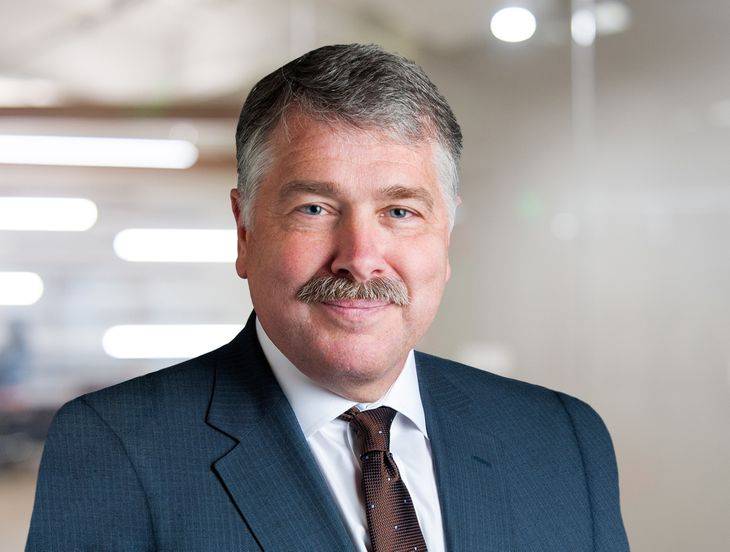Mike Matheny, the Cardinals and Servant Leadership
Insights
9.30.13
MLB.com ran a story on Monday about how Cardinals Coach Mike Matheny learned all that he could from various corporate leaders about “servant leadership” during the period between when concussions prematurely ended his career and when he took the helm of the storied cardinals. MLB.com acknowledges that Matheny inherited a the vaunted “Cardinal’s way” and a team fresh off of World series success, but he also has had to use a revolving list of rookies who have stepped up.
The article is entitled, “Matheny’s selfless approach a perfect fit.” What do we learn from that title? Is Matheny some sort of meek and humble milk toast? Not hardly! Is he competitive? Good grief. This is the Cardinals! The Cards have some of the best fans in baseball, but they expect to win just as much as Yankees, Phillies and Sox fans. They may lack the extensive rap sheets of the average Mets fan, but Cardinals’ fans demand winners. So when MLB describes a guy as practicing servant leadership, they don’t suggest that he won’t send down a player or make a tough call. And they surely don’t mean that he isn’t determined to win. But like the Bucs’ Clint Hurdle, Matheny has his own style.
So what is “servant leadership” and is it applicable for us normal working Joes? I suspect that many of us intellectually embrace the concept but do not really see how it applies in our hyper competitive ego-driven workplaces. Wait a minute … hyper competitive ego-driven workplaces? Does that sound any different than professional sports? Do managers encounter more forgiveness? Just ask Cubs manager Dale Sveum, who got his walking papers today after less than two years. Maybe the concept deserves our respect, or at least a second glance.
Let’s consider Jenifer Langosh’s fine MLB.com article:
Matheny read books about the concept. He conversed with leaders of large local corporations, who already subscribed to the model. They gave him more books to read. The benefits of the model -- one in which the leader chooses to serve, not to rule, by putting others first -- were immediately obvious to Matheny.
That's because they were familiar.
"It struck me that I had done some of this as a leader in a catching role," Matheny said. "Out there in the clubhouse, I wasn't more important than anyone else. But as a catcher, there is more responsibility, more people you have to work with. My whole point of being in that uniform was to make my pitchers' job easier and to make them better. That's really what kept me around."
Convinced that the model would work in any sector, Matheny promised himself that he would adopt it once he settled on what to do next. It was during his ongoing studies that the Cardinals called, and he accepted the new career direction. Matheny believed managing would offer him the perfect platform from which to put the servant philosophy into practice.
"This model takes nothing away from how you compete," Matheny said. "But it just creates an atmosphere where you make other people better. When you make other people better, and you set your mind on how to focus on someone outside yourself, you create something pretty special."
Ms. Langosch’s Article has many examples of how Matheny applies his leadership philosophy, but I especially enjoyed this discussion:
He believes whole-heartedly in the organizational process. And he believes deeply in his players.
"It's not something that I put on my list, that I need to be loyal to these guys," Matheny explains. "What's at the top of my list is to do the right thing. That's really what I've tried to do. You're always risking by going against how something might appear, but we always realize the potential reward."
Matheny has been intentional in creating an environment where his door would always be open and his conversations concern as much the personal as the professional. He makes it a point to ask about families and faith, hoping that through it all, players see him on the bottom of that inverted-pyramid model.
This approach is what veterans and rookies alike have credited for the smooth assimilation of so many young players this season. Anticipating that the big league club would get substantial contributions from its up-and-coming prospects -- though certainly not expecting to use as many rookies (20) as they have -- Matheny set the groundwork for their arrival during his Spring Training conversations.
“He tries to do the right thing.” Sure, that’s a vague and undefined standard, but it is also something that a decent open-minded manager can intuitively understand.
We do not need to further extrapolate. One either has the guts to experiment with the practical application of this approach or they don’t. No one leadership approach answers all of the workplace questions, but we can learn much from Mike Matheny as we seek to engage employees, create a safe working atmosphere, and develop a workforce that generates a profit in this challenging international market.
Howard
Related People
-
- Howard A. Mavity
- Partner
